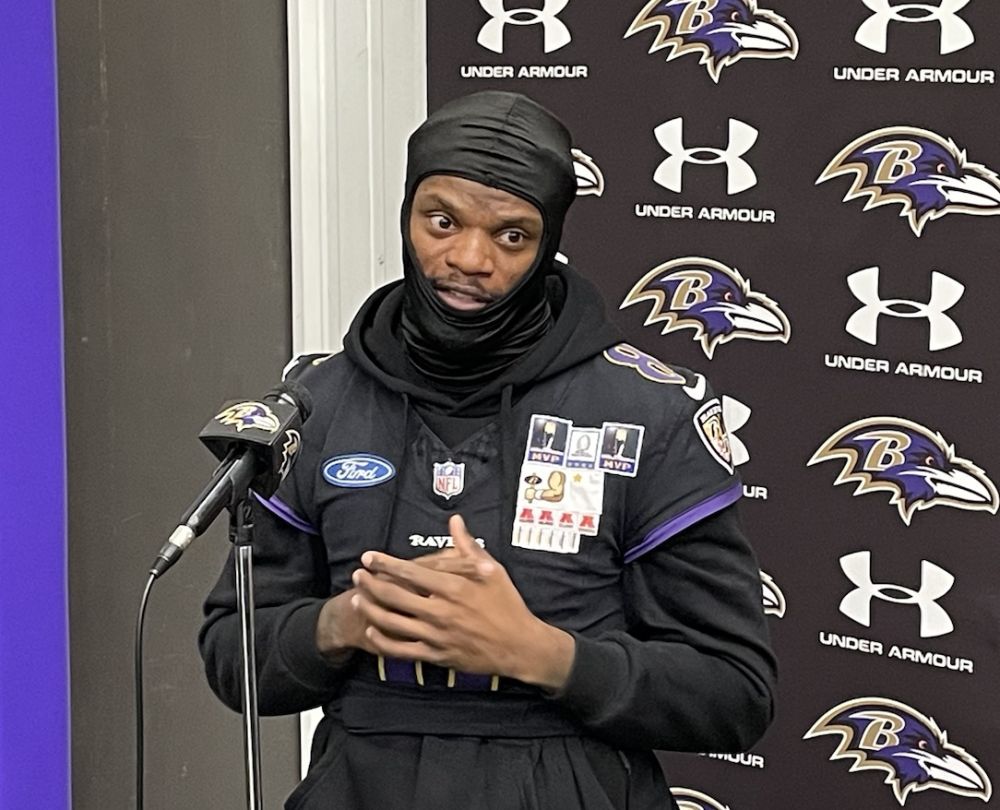Jessica Long is a bilateral amputee, born with Fibular hemimelia, a condition that left her without ankles, heels, calf bones, and most of the other body parts in lower legs and feet.
Her parents, who live in Eastern Baltimore County, adopted her from a Russian orphanage, and when she was eighteen months old, doctors amputated the remaining parts of her lower legs so that she could be fitted for prosthetics and learn to walk. Though Jessica successfully learned how to walk, it was underwater where she thrived. After trying gymnastics at an early, Jessica began swimming and found that even without legs, she could beat able-bodied athletes. Only two years later, Jessica became the youngest member of the Paralympic team at age twelve.
She has spent an entire lifetime dealing with multiple surgeries and prosthetics yet never had physical therapy. She walked on her own at two years of age and has loved sports for as long as she can remember.
During early grade school, she was involved with gymnastics and competed on the high bar without prosthetics. Because walking without prosthetics can cause nerve damage, her parents gave her an ultimatum: continue gymnastics with prosthetics or don’t continue at all.
She joined the local swim team when she was 10 and never looked back. She was home-schooled by her adopted family near White Marsh after being brought to America from a Siberian orphanage in the early 1990’s.
She found out about the Paralympics almost by accident:
“At local swim meet, someone approached me and said that my times were good enough to qualify for Paralympics. I had no idea what they were! A lot of people still confuse them with the Special Olympics, which are for people with cognitive disabilities—everyone that competes is considered a winner, everyone goes home with a gold medal. The Paralympics are for people with physical disabilities—there are amputees and visual impaired participants, and not everyone receives a medal.”
She was 12 years old and trying to make the U.S. Olympic Team and had very little knowledge of anything associated with the Games:
“My first Paralympic trial was when I was twelve years old at the 2004 Paralympic Games in Athens, and my parents didn’t expect me to make the team. I was determined, and I became the youngest member on the team. I actually wound up coming out of the Paralympics that year with three gold medals—again, the youngest ever, and again, a huge shock!”
Much like Michael Phelps and most athletes these days, she has used music to inspire and calm her. ‘Umbrella’ by Rihanna, ‘The Club Can’t Handle Me’ by Flo Rida, and ‘It’s My Life’ by Bon Jovi are among her pre-race favorites. She snacks on beef jerky and eats bananas before meets.
She’s a spokeperson for many major companies – including Visa – and she supports an orphanage in India and works with Make-a-Wish Foundation. She’s an outspoken leader for kids with disabilities and is major spokesperson for anti-bullying amongst youth.
Her workdays are eight to ten hours every day while training for meets. She swims nine times per week, hits the weights tree times a week, is on the yoga mat four to five times a week, crunching Pilates two times a week and still finding time for cardio three times a week.
* *
As you can see, this was a pretty good story onto itself and only need some more medals from London in the aftermath of another successful Paralympic Games from Long to continue to tell
SEE NEXT PAGE























